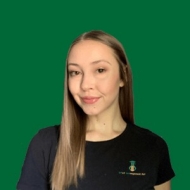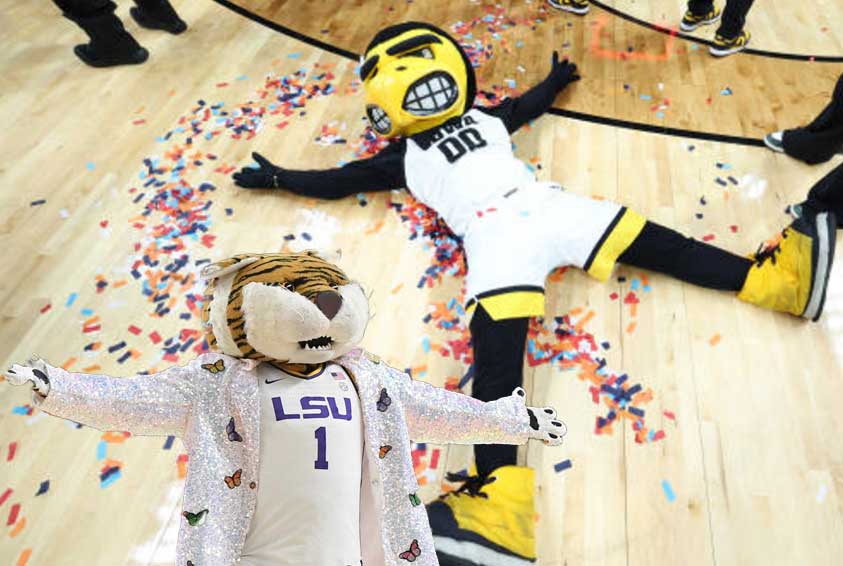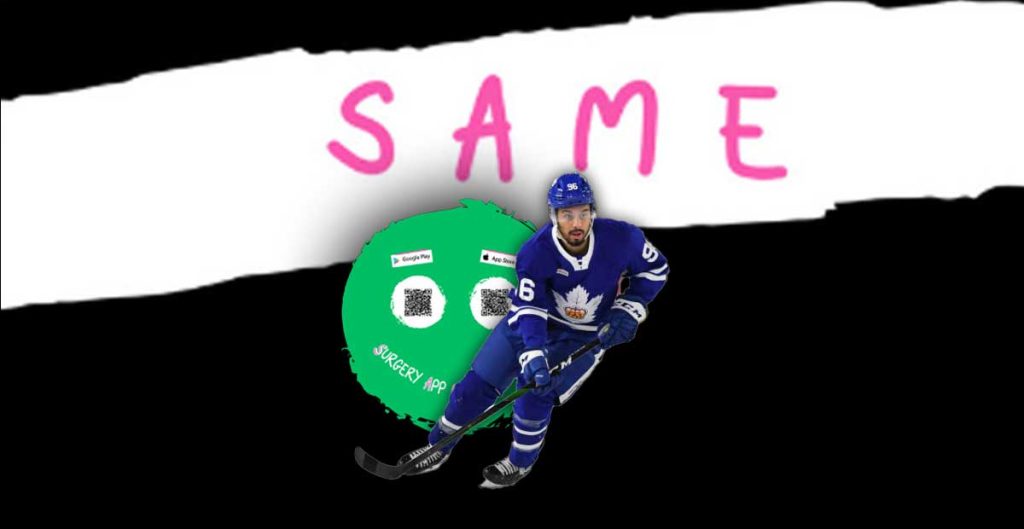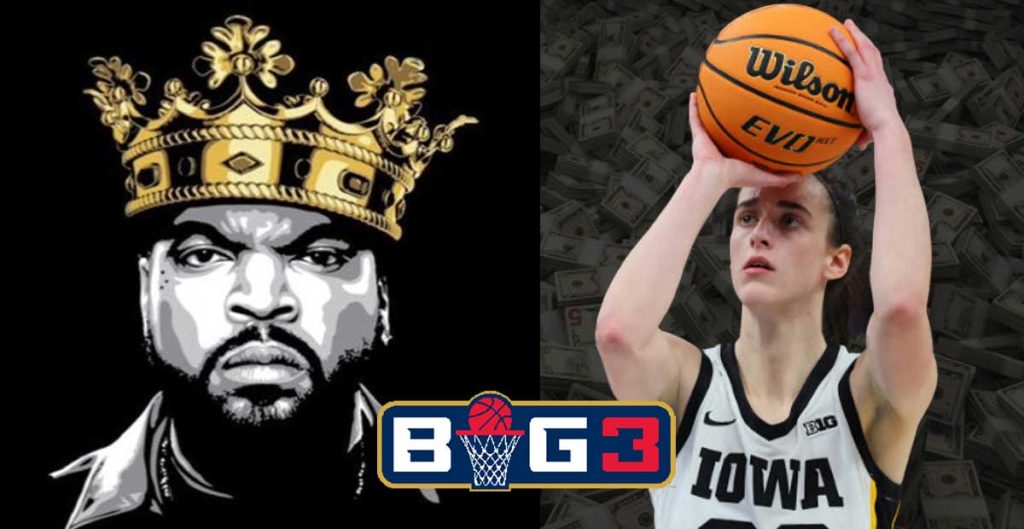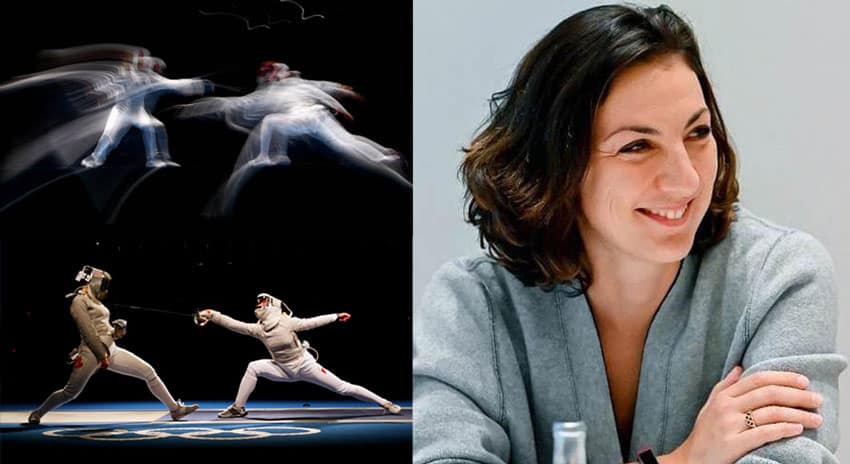
Former Olympic Fencer Olya Abasolo Now A Manager For International Testing Agency
Olya Abasolo Ovtchinnikova | Education Manager | International Testing Agency (ITA)

Within sport, I always wanted to do work that had a direct positive impact on athletes. I knew that anti-doping education was an area where this was possible.
Olya Abasolo Ovtchinnikova
Education Manager
International Testing Agency (ITA)
Tell us about your role as the Education Manager of the International Testing Agency (ITA).
The ITA is an organization that was recently created to help International Federations (IFs), Major Event Organizers (MEOs) and any other anti-doping organizations needing support to run comprehensive anti-doping programs. This includes things like test planning in and out of competition, risk evaluation, athlete whereabouts, Therapeutic Use Exemptions and results and management (legal work).
However, running anti-doping programs should go beyond just testing athletes. Prevention and education work is a very important component of an anti-doping program.
The World Anti-Doping Agency (WADA) recently released the first-ever International Standards for Education (ISE), along with the 2021 World Anti-Doping Code (WADC). These Standards and the new Code go into effect in 2021 and make education a mandatory part of any Code signatory’s anti-doping program.
Therefore, it was important that the ITA had an active education function. For now, I am a team of one, but we are growing quickly, and I have many exciting plans for how we can better assist our Partners in their clean sport efforts.
There is already a lot of good work being done in education by WADA, IFs, National Anti-Doping Agencies and other stakeholders of the system. In the creation of an education function at the ITA, we were careful not to duplicate what already exists, but rather fill the gaps and serve the needs of those organizations lacking resources and expertise required to run effective education programs.
For example, last summer I noticed that the testing program for the Lausanne 2020 Youth Olympic Games (YOG) is very small. At the same time, the new ISE states that education needs to come before testing – athletes’ first exposure with the anti-doping system should be through education.
Athletes competing at YOG are between 15 and 18 years old, so to me, this was the perfect opportunity to run an education program.
I pitched this project to the ITA leadership, the International Olympic Committee and YOG Organizing Committee and in January of 2020, we delivered the Real Sport Lab (RSL):
RSL is a new interactive experience that enables learning through workshop-composed simulations and was designed to provide athletes with first exposure to the testing process that they will inevitably experience either during the YOG or in their future sporting career.
We had interactive games, role-play activities taking athletes through every step the testing procedure, competitions, prizes and group discussions – all intended to facilitate learning in a safe and positive environment. It was a really fun project and I am very proud of it. We received great feedback!
What does a typical day look like for you?
I was on the road a lot since I joined the ITA – we deliver event-based education programs for a number of International Federations so I got to be on the ground interacting with athletes from different sports. It was a fast and exciting start – 2019 World Surfing Games in Miyazaki, Japan, is one of my highlights. It was so surreal to be watching these athletes qualify for Tokyo and to be a part of their journey.
The Coronavirus pandemic put all sporting events on hold, and this presented an opportunity for me to spend more time in Lausanne to focus on strategic work and long-term planning.
A lot of work has been done in anti-doping education, but it is still extremely underfunded, and many athletes and entourage are not getting the quality, effective education that they need. I am currently looking at other, creative ways to source funding so that we can alleviate the financial strain on International Federations who already do not have enough resources and capacity to do clean sport education work.
I also ran a series of educational webinars for the larger anti-doping and sports community during the time when many countries were in lockdown. We covered all the main anti-doping topics in five sessions: Medications, Supplements, Doping Control Process, Values, Rights and Responsibilities, Registered Testing Pool etc. I invited an athlete to every session to make sure that it was interactive, practical for the listeners and athlete-centred. These webinars were open to anyone who was interested, and we had over 2,700 people join!
I am really happy that we were able to offer this initiative to the sports community for free – we received a lot of requests to deliver these same sessions on other languages – this could be an interesting next project.
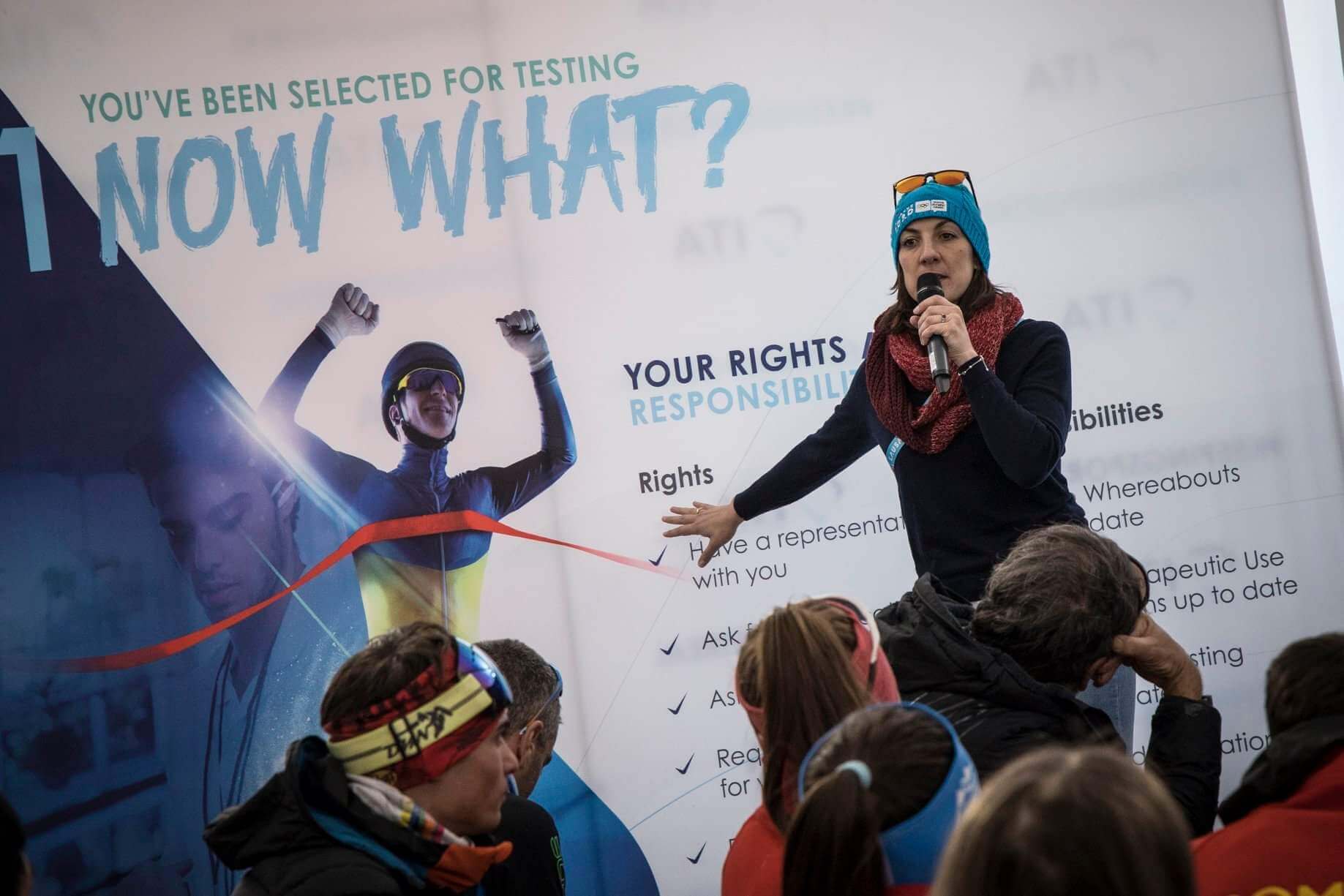
When was the point you realized that you were meant to do this career? Take us through that realization.
I have been in sport since I was 10. Fencing gave me the opportunity not just to participate in the Olympic Games, but to see the World and to have life experiences that I would never have otherwise.
After I retired, I knew that I wanted to work in sport – and I have not questioned the direction of my career the slightest bit since I got my first contract with the Canadian Olympic Committee 8 years ago.
Within sport, I always wanted to do work that had a direct positive impact on athletes. I knew that anti-doping education was an area where this was possible. I have now been at the International Testing Agency in Lausanne for one year, and I am so excited about all our plans and projects.
Being in the Olympic capital, surrounded by mountains, beautiful nature and Lake Geneva, is also a nice daily reminder of how fortunate I am to live and work here.
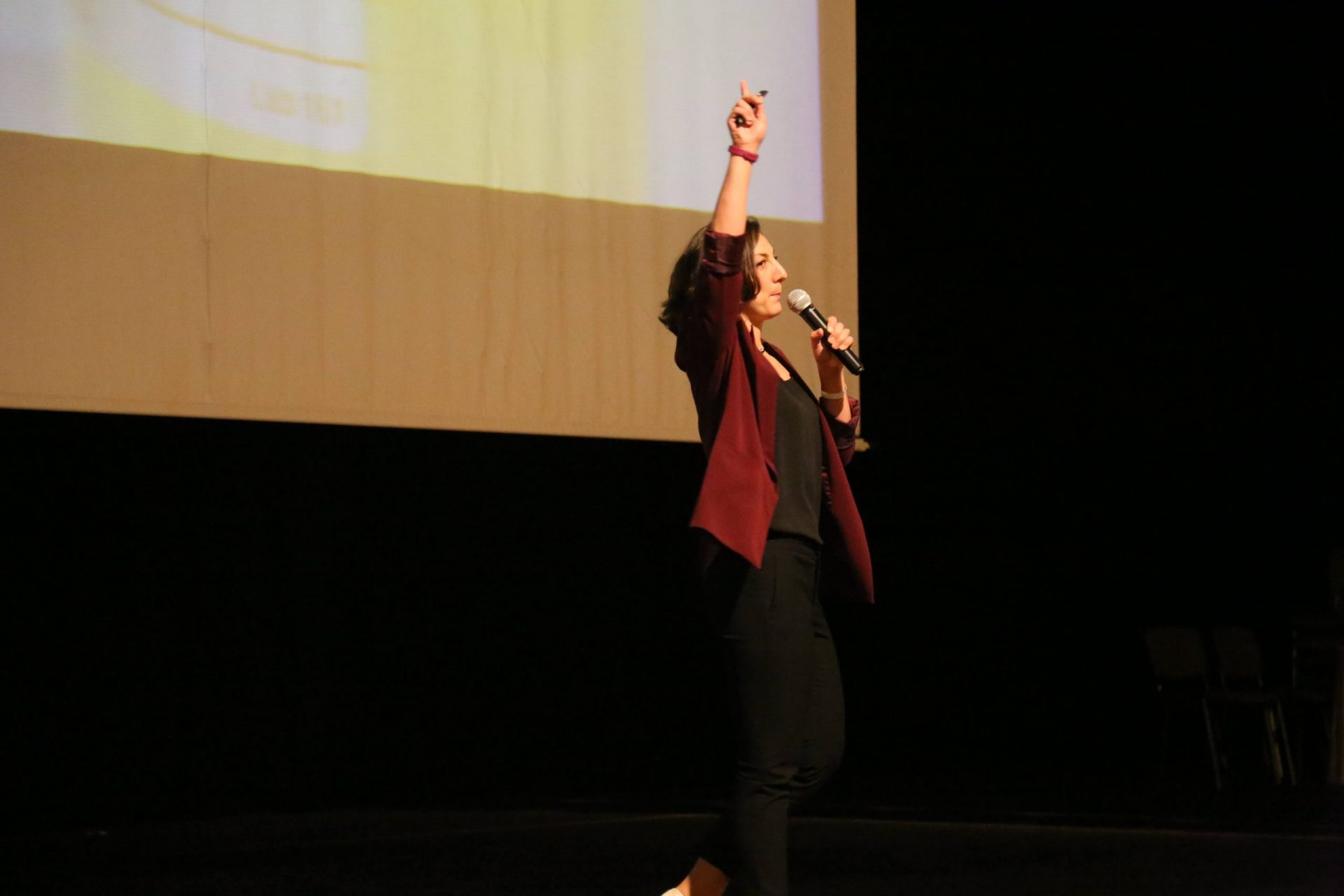
How important is social media for you personally? Which social networks do you use most frequently, find hardest to navigate and use, and see changing the most? Also, how do you keep up with the continual sports news bombarding you (global stories, viral videos)?
I really enjoy using LinkedIn to stay connected to other professionals in the sport and anti-doping community. Just last month, I posted a message that I was looking for a sanctioned athlete to share their story during one of our webinars.
Within a week, I found two athletes who were interested – one of them was banned for the use of steroids for life! His story was so strong and emotional, and I was able to find him through a simple post.
I also use Instagram and Facebook to remain connected to friends and family, but both are my private accounts.
I rarely watch TV, YouTube or read the news online. I only use the CNN and BBC apps to stay up to date on World news, and I always review the daily anti-doping news digest that is distributed at the ITA to all staff internally.
Since you have only been at the ITA for 12 months, can you talk about your previous role at the Canadian Olympic Committee? How was your transition moving to Switzerland and taking on this new role with the ITA?
I had a fantastic job at the Canadian Olympic Committee where I managed Olympian Legacy and marketing programs. However, the potential to grow professionally was quite limited, and I was ready for my next challenge. I also always wanted to work in international sport, beyond what I have done in Canada.
I applied for a position with the ITA online and went through a series of interviews via Skype. Moving to Switzerland, especially with my husband and 2.5-year old daughter was a pretty big step.
We sold everything we owned in Canada – cars, house, furniture – and packed our lives down to about 10 suitcases. One year in, I am so happy that we decided to go for it! My husband found a job 5 months after we arrived, and our daughter is now perfectly integrated into her pre-school.
My colleagues at the ITA are fantastic – it’s a diverse, international group of people from all over the World. Everyone is very professional and hard-working, but also extremely friendly and welcoming. It was very easy to integrate.
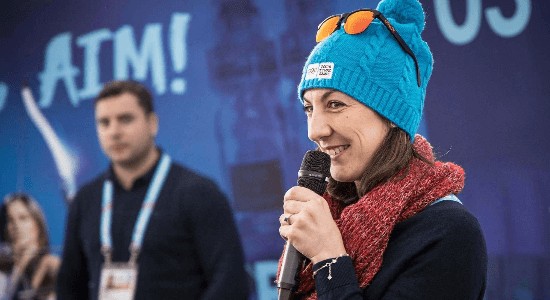
How did you make the transition from being an athlete to a professional?
Horribly. It wasn’t easy for me, and I struggled for a few years. Today, the Canadian Olympic Committee offers fantastic career transition and athlete wellness programs, but those were not around when I retired.
I felt completely on my own, and very lost. It did get better eventually – I focused on finishing my undergraduate degree and was lucky to land my first full-time job at the Canadian Olympic Committee in Athlete Services. But even when I started working, I still struggled a lot.
I remember seeing an athlete long list for London 2012, and my name was still on it. It was a really difficult moment because it took me years to make peace with the fact that I ended my athletic career at 22 years old. I didn’t feel complete or accomplished, but I am really at peace with my decision now.
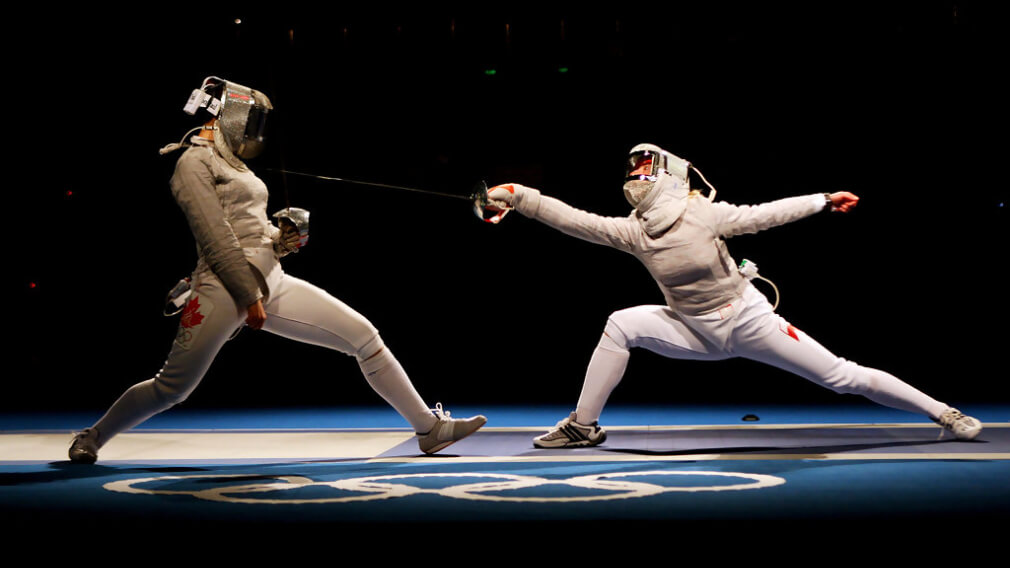
Inclusiveness in sport is very important. What experiences have you had that highlight that inclusiveness?
At the Canadian Olympic Committee, diversity and inclusion was always a huge priority. For example, in 2019 we launched an Olympian Legacy grant for work in one of the identified priority areas: women in sport, LGBTQ+, new Canadians and Indigenous communities.
Since joining the ITA last year, I have a whole new perspective on inclusion. Right now, I am working with a very different set of challenges in clean sport education – things that we took for granted in Canada.
We are facing language barriers, limited access to technology in parts of the world, low levels of general education of some athletes – all things that make it very challenging to implement an effective education program world-wide.
Today’s anti-doping education system is not inclusive – only people who speak English (or French/Spanish), have access to a computer and internet and have some basic education have access to the best resources. However, we still have a lot of athletes who do not fall into this category – and those are the athletes who are most at-risk.
What is the biggest challenge you have faced in your current role as education manager at the ITA?
I would say it’s a combination of different challenges – one of them is the number of barriers to education access, as I just mentioned above.
There is also the question of capacity and budget – as much for us as for the Partners that we work with. Education is almost always not a priority so very limited resources are assigned to clean sport education programs.
There is only so much you can do when an International Federation can only afford to set up one education booth at one World Championships event – they are not reaching many athletes/athlete support personnel and the interactions are often not meaningful. I hope this changes with the new WADA Code and International Standard for Education.
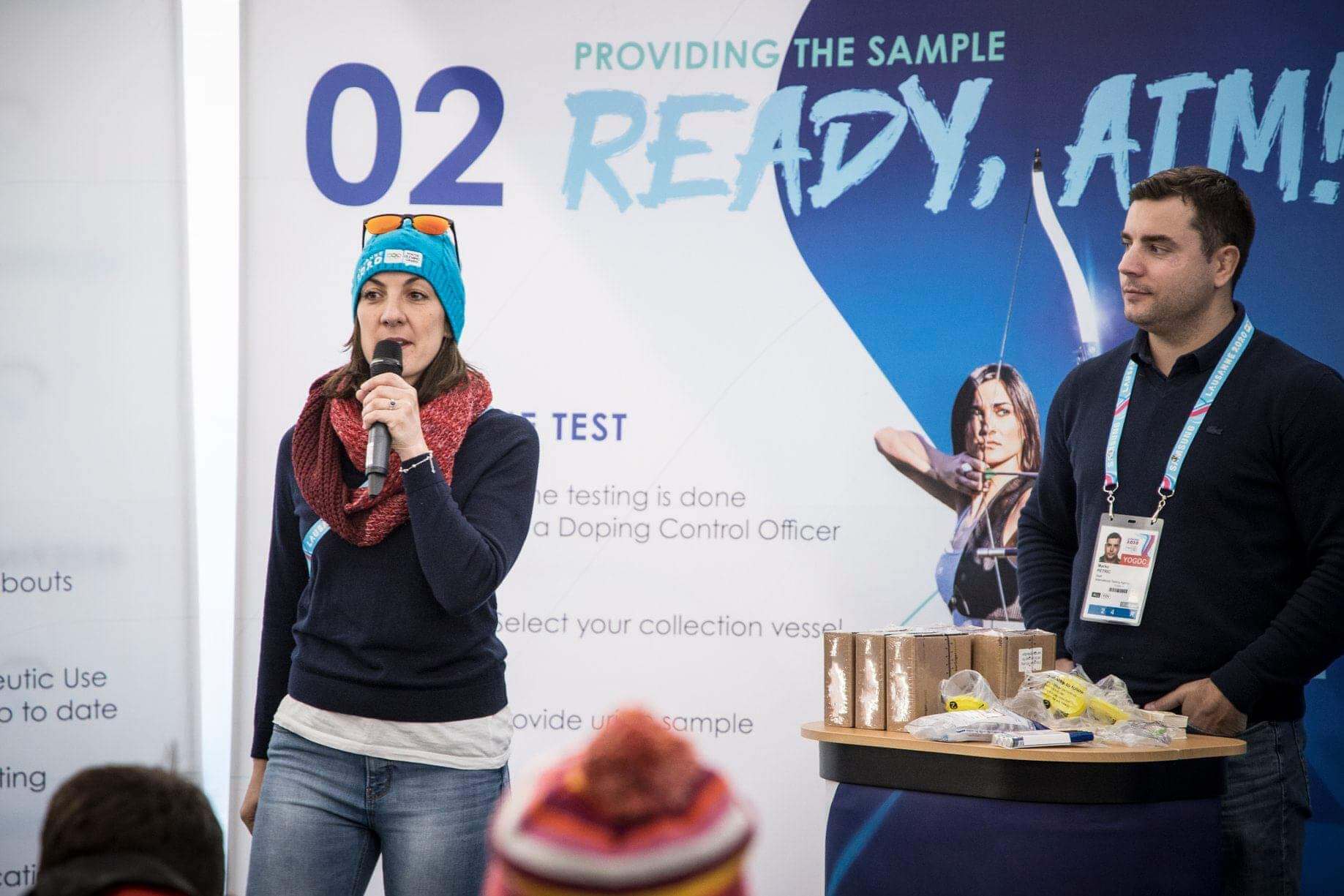
What skills and knowledge did you develop as an athlete that you have transferred to your career?
I competed in a sport that is severely underfunded in Canada, so I quickly learned to do everything on my own. When I was in high school – grade 10 I think – I had to call Aeroplan to book my ticket to Nationals on points.
I was sitting on the floor next to my locker trying to find the cheapest way to get to that competition. There were direct flights from Toronto to Saskatoon, but I had to stay overnight in Winnipeg to save a few hundred dollars.
Even when I got to Senior National Team level and qualified for the Olympic Games, our small team still had to do everything ourselves.
More often than not, we travelled without a coach, so the girls coached each other on the fencing strip. We didn’t have a physiotherapist, so we asked other countries’ therapists to tape us when we were injured. These are just some of many examples – these experiences prepared me for “real life” more than anything else.
Being a fencer in Canada taught me complete independence, as we did not have a support system in place.
How has networking helped you in your career development?
I applied for my first job at the Canadian Olympic Committee online and was selected for an interview. It was the same with the International Testing Agency – an email application and a series of interviews. Both times, I didn’t know anybody and I am grateful that these organizations gave me a chance.
I certainly do believe in networking, but I also believe in being independent and aiming for professional growth without relying on someone you know or met at an event. Today, I accept invitations to as many networking events as I can attend. However, I don’t go with the goal of getting a job opportunity or something else that can benefit me directly. I go to meet people in the industry and to get inspired and motivated.
Some people I have met through networking have become good friends – people I can share ideas with and get an insight or an opinion from. This is an intangible benefit, but I believe that the day I actually need help, I will be able to use my network to reach out to the right person for support.
[get_current_post_author_pic_and_name]
As a former Olympian, Olya Abasolo knew she wanted to stay within sport after her athletic career came to an end. She wanted to make a positive impact on the athletes that would come through the Olympic sport system. In an effort to do so, Olya Abasolo got in with ITA in an anti-doping education position. Education is an incredible thing and Olya Abasolo is truly making a difference in the sporting world with her teaching. Continuing to pass the torch and present new knowledge will only make the future of sport stronger.
The Latest

